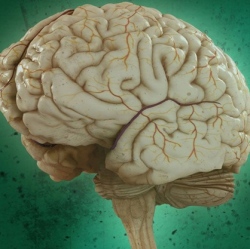
Neuroscience researchers have for many years debated whether retrograde amnesia which follows traumatic injury, stress, or diseases such as Alzheimer’s, is caused by damage to specific brain cells, meaning a memory cannot be stored, or if access to that memory is somehow blocked, preventing its recall.
The answer, according to Susumu Tonegawa, is that “Amnesia is a problem of retrieval impairment.” Memory researchers have previously speculated that somewhere in the brain network is a population of neurons that are activated during the process of acquiring a memory, causing enduring physical or chemical changes.
If these groups of neurons are subsequently reactivated by a trigger such as a particular sight or smell, for example, the entire memory is recalled. These neurons are known as “memory engram cells.”
Until now, no one has been able to show that these groups of neurons undergo enduring chemical changes, in a process known as memory consolidation. One such change, known as “long-term potentiation” (LTP), involves the strengthening of synapses, the structures that allow groups of neurons to send signals to each other, as a result of learning and experience.
To find out if these chemical changes do indeed take place, the researchers first identified a group of engram cells in the hippocampus that, when activated using optogenetic tools, were able to express a memory.
When they then recorded the activity of this particular group of cells, they found that the synapses connecting them had been strengthened. “We were able to demonstrate for the first time that these specific cells, a small group of cells in the hippocampus, had undergone this augmentation of synaptic strength,” Tonegawa says.
